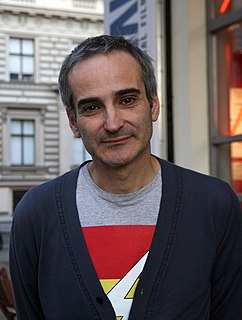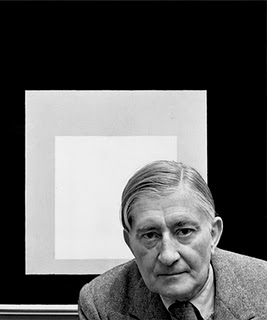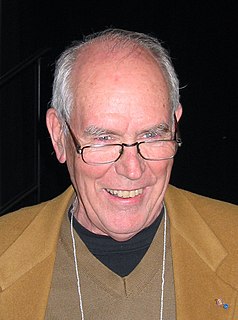A Quote by Hilary Putnam
The physicist who states a law of nature with the aid of a mathematical formula is abstracting a real feature of a real material world, even if he has to speak of numbers, vectors, tensors, state-functions, or whatever to make the abstraction.
Related Quotes
One might think this means that imaginary numbers are just a mathematical game having nothing to do with the real world. From the viewpoint of positivist philosophy, however, one cannot determine what is real. All one can do is find which mathematical models describe the universe we live in. It turns out that a mathematical model involving imaginary time predicts not only effects we have already observed but also effects we have not been able to measure yet nevertheless believe in for other reasons. So what is real and what is imaginary? Is the distinction just in our minds?
The world of physics is essentially the real world construed by mathematical abstractions, and the world of sense is the real world construed by the abstractions which the sense-organs immediately furnish. To suppose that the "material mode" is a primitive and groping attempt at physical conception is a fatal error in epistemology.
Ordinarily all desires exist in the second state of consciousness, the dreaming state. Desire is a dream and to work for a dream is doomed from the very beginning, because a dream can never become real. Even if sometimes you feel it has become almost real, it never becomes real - a dream by nature is empty. It has no substance in it.
The physicist may be satisfied when he has the mathematical scheme and knows how to use for the interpretation of the experiments. But he has to speak about his results also to non-physicists who will not be satisfied unless some explanation is given in plain language. Even for the physicist the description in plain language will be the criterion of the degree of understanding that has been reached.
Everyone in the United States is so intense about maintaining a separation between Church and State when the real concern should be about keeping a separation between Corporations and State--because in America (and most of the rest of the Western World, for that matter) economics is the real religion.








































